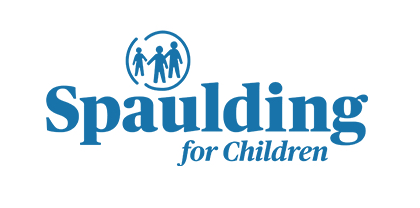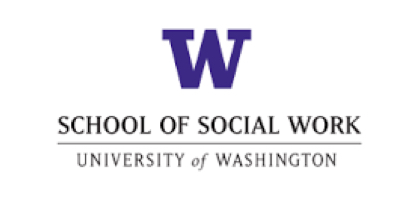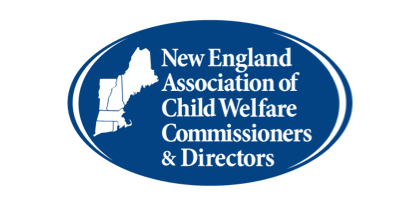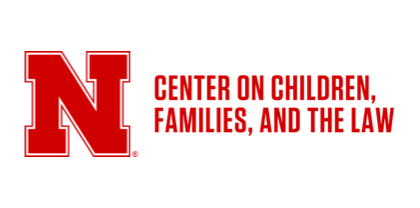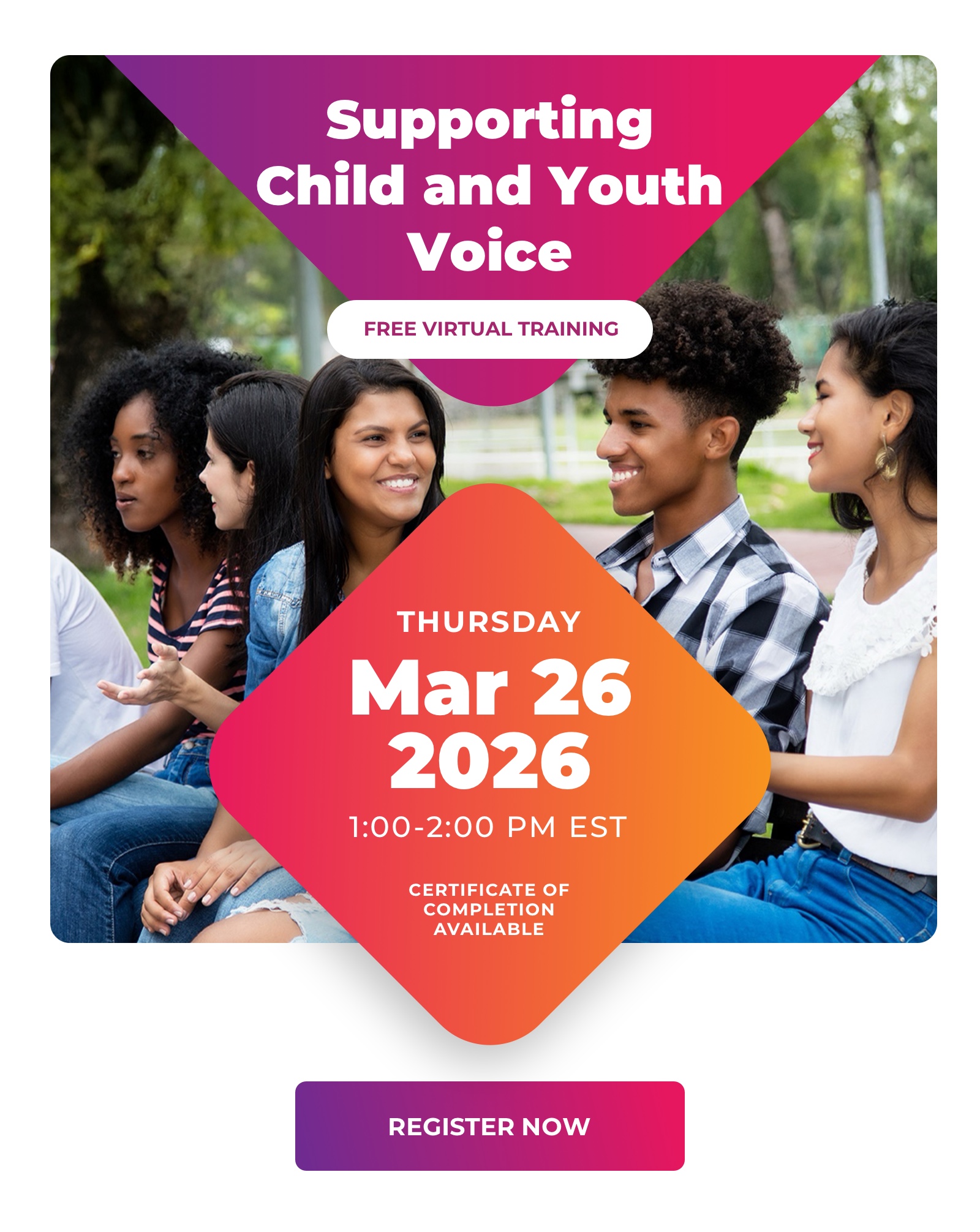About
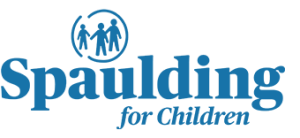
Spaulding for Children
Spaulding for Children, a private, nonprofit child welfare agency, was established in 1968, when several entities, each seeking a way to make life better for children without families, joined together. Spaulding for Children is a Council on Accreditation (COA)-accredited agency that finds permanent homes for children who are in the public child welfare system. It also supports families in maintaining their children safely in their homes. Spaulding was one of the first agencies in the United States to specialize in finding and training adoptive families for the placement of children with disabilities and other challenges. Spaulding comprises three service entities: Child and Family Services, the Spaulding Institute for Family and Community Development and the Academy for Family Support and Preservation.
In addition to direct services, Spaulding has extensive history managing national federal programs, including the Quality Improvement Center for Adoption and Guardianship Support and Preservation, the National Training and Development Curriculum (NTDC) and the National Resource Center for Adoption (NRCA). Spaulding also has extensive experience developing evidence-informed, national curricula, including Critical Ongoing Resource Family Education (CORE) Teen, Parents As Tender Healers (PATH), Adoption Competency Curriculum and Adoption Competence — A Guide to Developing an Adoption Certificate Program for Mental Health Practitioners.
As the lead agency for the Quality Improvement Center on Engaging Youth in Finding Permanency (QIC-EY) project, Spaulding is responsible for ensuring that the project meets the goal as stated in the Funding Opportunity Announcement and for working closely with the Children’s Bureau to make sure that the work plan is being achieved and that the project is moving toward its overarching goals. Spaulding oversees all work on the project and ensures that grant activities and partners adhere to applicable federal and programmatic policies and regulations. More information about Spaulding can be found at https://spaulding.org or by contacting Melinda Lis, MSW, Vice President, Academy for Family Support and Preservation, at mlis@spaulding.org.

University of Washington School of Social Work
The University of Washington (UW) School of Social Work (SSW) has been ranked top in the world. It annually ranks among the top three schools of social work in the United States. The SSW receives more federal funding for research than any other school of social work in the nation. One of the SSW’s missions is to conduct “research that engenders understanding of complex social problems, illuminates human capacities for problem-solving, and promotes effective and timely social intervention.” The evaluation team is led by associate professor Angelique Day, PhD (https://socialwork.uw.edu/faculty/professors/angelique-day), and by foster care alumni. The team includes a diverse group of researchers who bring years of experience in conducting research and evaluation.
UW is leading the evaluation for the QIC-EY project. This includes process, outcome, fidelity, dissemination and cost evaluation. UW is playing a key role in ensuring that the workforce training curriculum, coaching models and youth engagement models are based on the best available evidence and are informed by all key target groups of stakeholders (youth, child welfare workforce and the courts). UW will play an active role with all of the pilot sites, leading efforts to ensure that data can be tracked to determine the effectiveness of the youth engagement workforce training and program models being implemented at each pilot site. UW ultimately will be responsible for analyzing state and national administrative data collected to assess the intermediate and long-term outcomes of the training and program models on young people’s permanency outcomes (legal, relational and cultural). More information about the University of Washington School of Social Work can be found at https://socialwork.uw.edu or by contacting Angelique Day, PhD, Associate Professor, at dayangel@uw.edu.
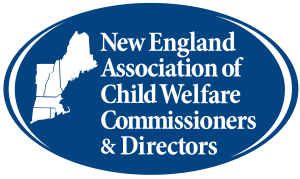
New England Association of Child Welfare Commissioners and Directors
The New England Association of Child Welfare Commissioners and Directors (Association) supports a shared learning environment for its members and their partners in the six New England states. The goal is to promote innovation and effective policies and practices resulting in better outcomes for children and families. For more than a decade, the Association has elevated the voice of youth through the New England Youth Coalition and the Massachusetts Network of Foster Care Alumni, focusing on issues related to normalcy, sibling rights, leadership development and skills for independence. As a partner with the QIC-EY, the Association will facilitate the National Youth Engagement Advisory Council, support pilot sites in establishing youth teams and provide technical assistance to pilot sites on authentic use of youth voice within their systems. These efforts will ensure that youth voice is incorporated into all aspects of the QIC-EY project. More information about the New England Association of Child Welfare Commissioners and Directors can be found at https://jbcc.harvard.edu/neacwcd or by contacting Maria Gagnon, MSW, Program Director, at mgagnon@jbcc.harvard.edu.

University of Nebraska – Lincoln
Center on Children, Families and the Law
The University of Nebraska-Lincoln Center on Children, Families and the Law (UNL-CCFL) was established in 1987 as a home for interdisciplinary research, evaluation, teaching, and public service on issues related to child and family policy and services. The Center’s portfolio includes a diverse array of technical assistance and consultation projects with human service agencies aimed at achieving positive outcomes for children and families. The UNL-CCFL team for the QIC-EY project is composed of two research faculty, Michelle I. Graef, PhD, and Megan Paul, PhD, and consultant, Penny Putnam Collins, MPA. Together, they bring an extensive background in child welfare workforce issues, including direct practice, supervision, training, organizational improvement, quality assurance, implementation science, evaluation research and technical assistance.
The UNL-CCFL’s role in the QIC-EY project includes:
- providing input on the selection of pilot sites,
- leading and facilitating the work of the Workforce Council to provide input and to refine the training and coaching model,
- providing direct technical assistance to pilot sites on integrating the training and coaching model into their local systems,
- providing technical assistance to sites on making changes throughout their systems in how youth are engaged authentically,
- coordinating capacity-building activities in sites and
- assisting sites with dissemination and sustainability planning.
More information about the UNL-CCFL can be found at http://ccfl.unl.edu/ or by contacting Michelle Graef, PhD, Research Professor, at mgraef1@unl.edu.

